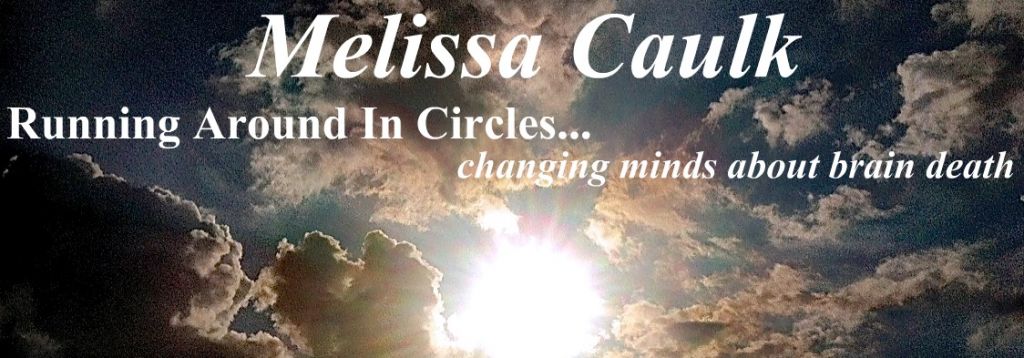Brain Activity Found After Brain Death
 This is a post I read yesterday morning from the LATimes. Brain activity found after ‘brain death’ – latimes.com.
This is a post I read yesterday morning from the LATimes. Brain activity found after ‘brain death’ – latimes.com.
I have mentioned before that I have Google Alerts set up for the topic of “brain death” and because of this I get them very early in the morning when something new emerges.
The study was undertaken after a patient showed brain waves via an EEG while in a deep coma.
In order to test the theory of how this happened they tested with laboratory animals. Well it was cats, which I personally hated to read about as well.
The Scientific data and details of the study is posted on Plos.org. The title is Human Brain Activity Patterns beyond the Isoelectric Line of Extreme Deep Coma.
There are some interesting charts in the study…well I found interesting.
Researchers at the Universite de Montreal put 26 cats under deep anesthesia and recorded their brain activity in the upper cortical regions and hippocampus. In all of the cats, a previously undocumented “ripple event” was evident in the hippocampus after EEG read-outs went “flat,” indicating a silenced cortex.
Comments
Today there were multiple media sources re-blogging or discussing the topic and the significance of the research. I found a lot of comments interesting on the Reddit form under Science.
- I’ve got transplant surgeons in my family. They all know brain death is not true death.
- I was thinking the exact same thing. Not intending to bring anyone down, but my sister-in-law was killed in a car crash almost 3 years ago, and they declared her to be brain dead. I wonder if this new research would have changed that?
- So does this mean people who were previously thought of as brain dead and subsequently taken off of life support really weren’t truly brain dead and could have been kept on life support and recovered?
- So now everyone is only mostly dead, which is slightly alive. All those people who aren’t all dead!
- Honestly, this is why I don’t want to be an organ donor. I have no problem with giving my organs if I’m actually dead, but what if I’m not? And they just cut me open while I’m kind of alive? Like holy shit. I guess it would be worth it if there’s no hope for me anyway because I am saving someone else, but still… What a way to go out.
- Transplant Scientist, this is kinda freaky. We just had a ‘Brain Dead’ Donor yesterday…what if the doctors got it wrong?! It is my obligation to say ‘Everyone should be a Donor!’ but if you are genuinely uncomfortable about it then that is your choice.
- I am of the opinion that if they did make a mistake, its not like I would feel them taking my organs and if a bunch of people get to live because of that mistake then I wouldn”t be too mad…I’d just be dead.
- So now everyone is only mostly dead, which slightly alive. All those people who aren’t all dead!
- It just so happens that your friend here is only mostly dead. There’s a big difference between mostly dead and all dead. Mostly dead is slightly alive. With all dead, well, with all dead there’s usually only one thing you can do.
EEG’S

Dr. Robert Truog, associate professor of anesthesia at Harvard Medical School, published in the Hastings Center Report of January-February 1997 “Is It Time to Abandon brain death?”
“there is evidence that many individuals who fulfill all of the tests for brain death do not have the ‘permanent cessation of functioning of the entire brain.”‘ The concept of brain death is “incoherent in theory and confused in practice,” Truog continues, and so he recommends a return to the traditional definition of death, based on cessation of respiration and circulation rather than neurological criteria.
Brain death is a legal fiction created to support the need for more organs. Legal in that it is the law, fiction in that it is not true.
Please leave me your thoughts.











Missy – I hate what you had to go through with Jamie and hope I never have to face such an ordeal. I have asked my children, my husband, anyone who will listen to remove themselves as an organ donor. I couldn’t bear the thought of having someone making the decision whether my child or loved one could have the necessary tests or further treatment because they are an organ donor. I wouldn’t want them to face the same consequences if it were me. Thanks for all your research and keeping the subject top of mind to many.
Thank you Paula!